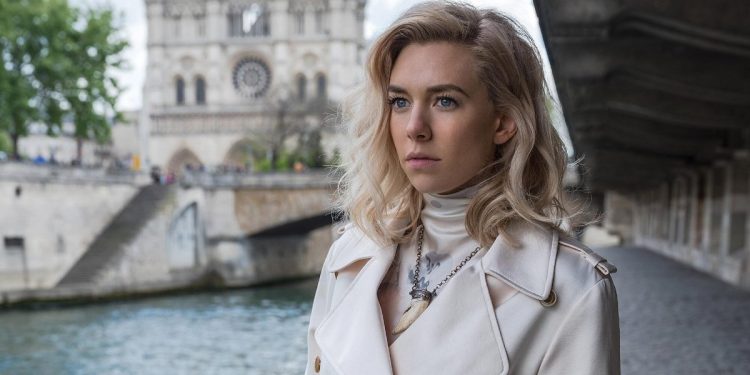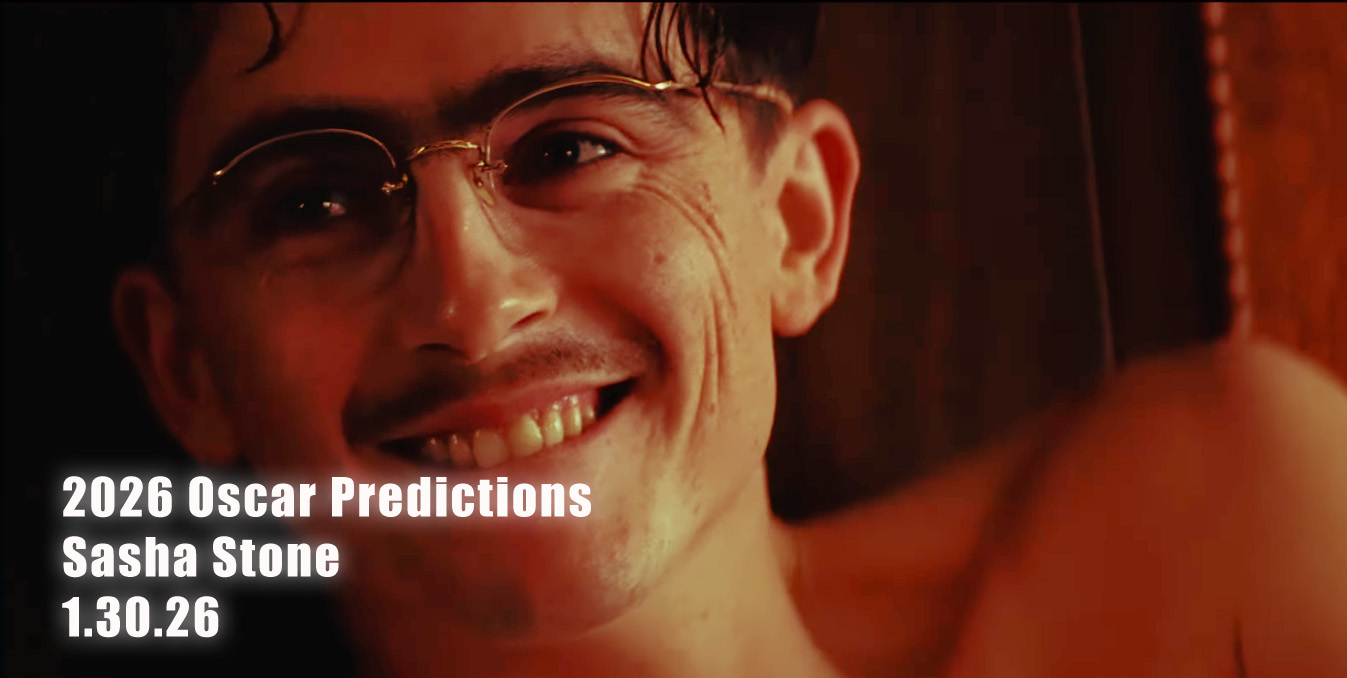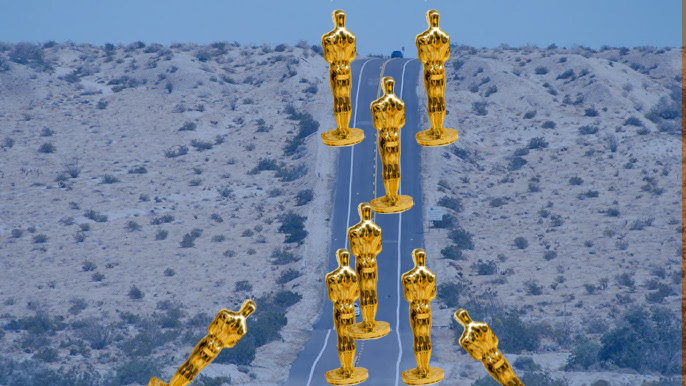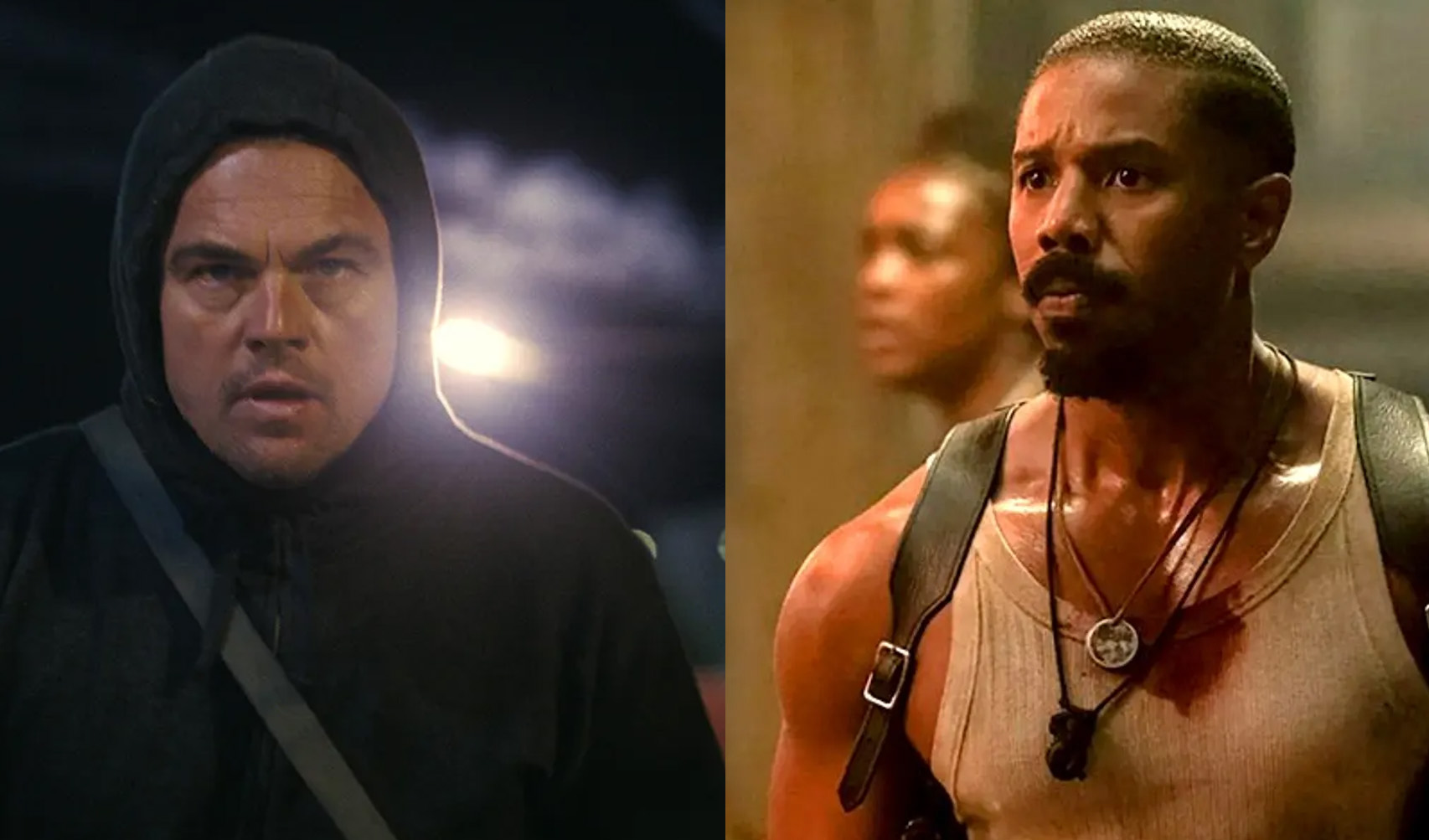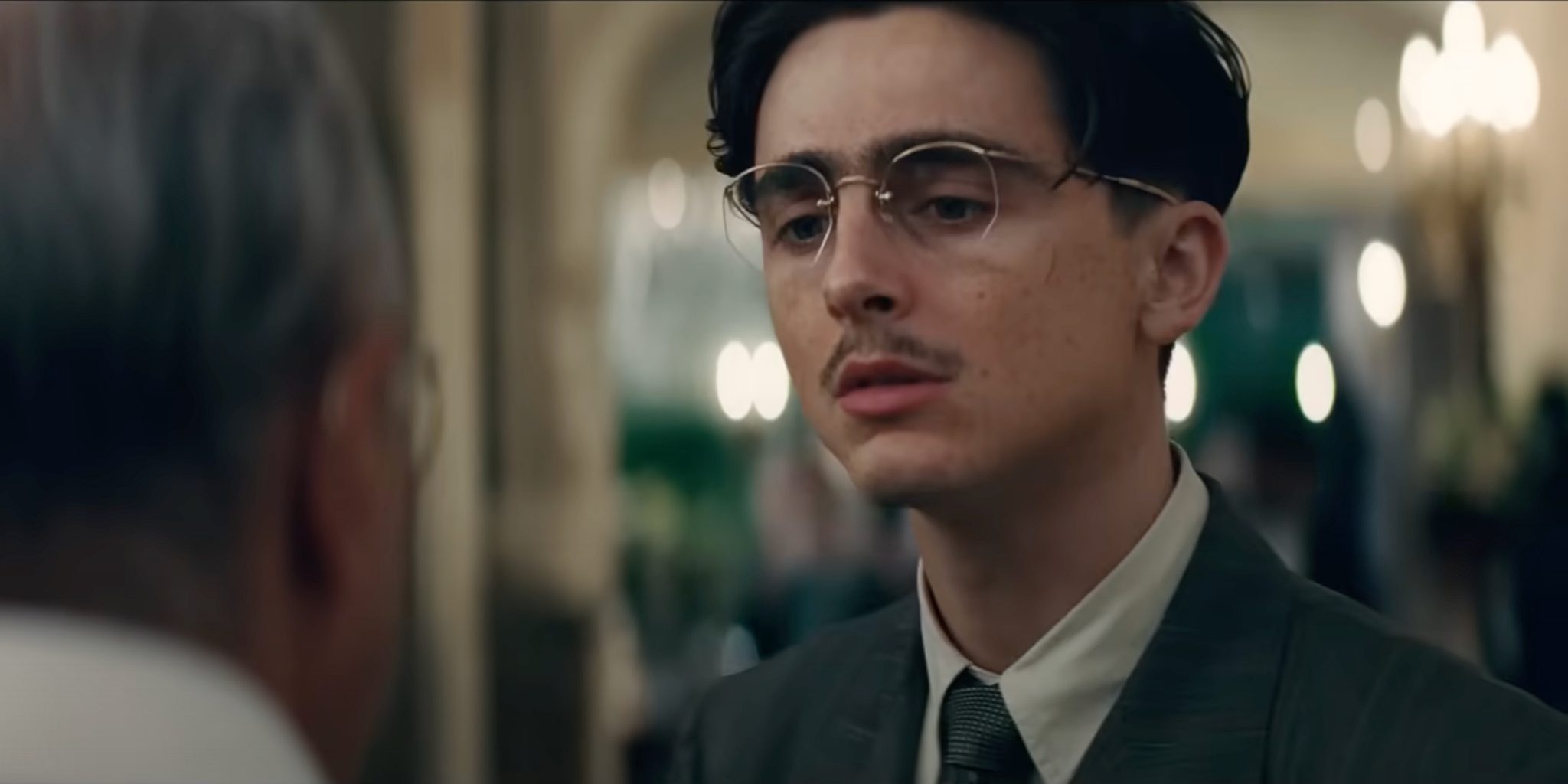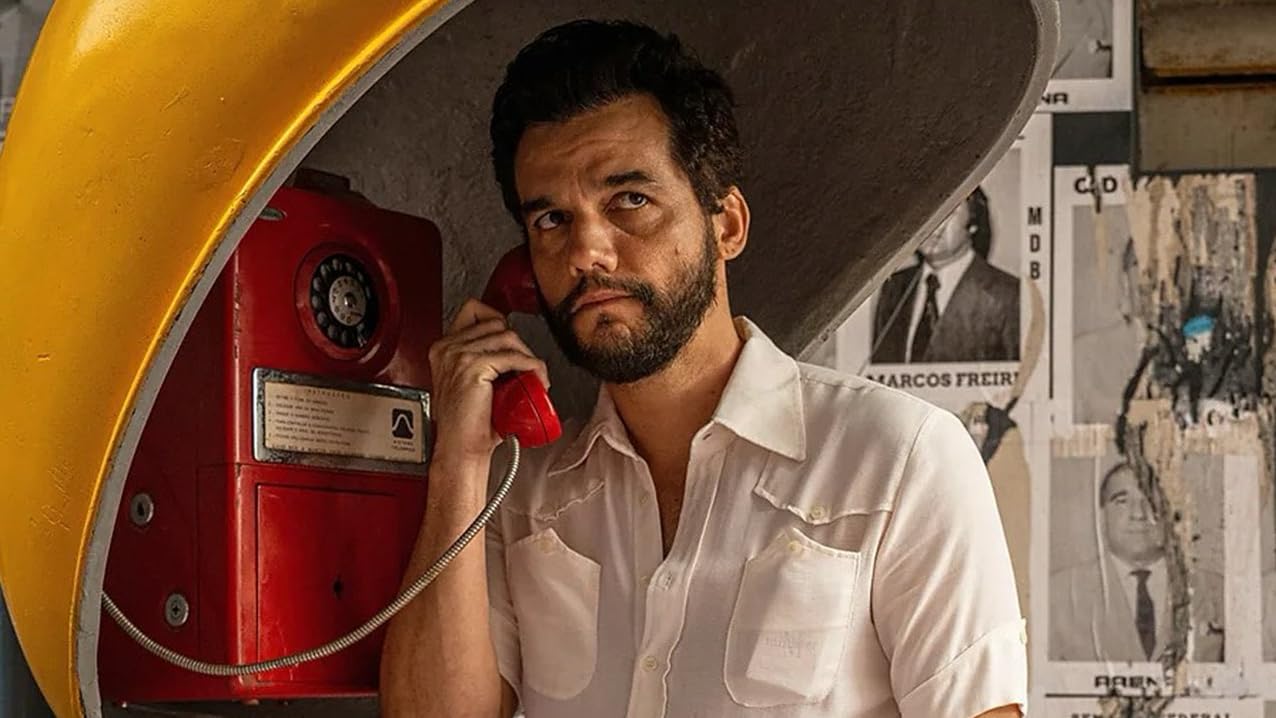There’s definitely a few too many ideas that make the final cut of Italian Studies, an 80-minute seemingly guerrilla art film shot on crowded New York City streets before the pandemic. Vanessa Kirby plays Alina Reynolds, a woman who, upon entering a hardware store after tying her dog up outside, suddenly and completely loses her memory, rendering her identity-less as she wanders around the city somewhat passively trying to put the pieces back together. Eventually finding out to some concrete degree that she’s written and published a book of short stories, thanks to a young woman recognizing her on the street from a reading she did, Alina, still in a months-long fugue state, starts hanging out with and interviewing local teenagers for her next book.
Writer and director Adam Leon marries a drifty, purposefully meandering visual style and quick, seemingly disconnected edits with intimate confessions and revelations from the teens about their ever-evolving personhood. These testimonials interrupt the film’s dreamlike state to vaguely add philosophical context to Alina’s confused state and why it’s important to their stories as well as the one Italian Studies is telling overall. The results start off mixed, Leon starting to play his hand before he’s done the work to do so. But as the story progresses and Alina starts to rebuild her personality around these teenagers, a thesis starts to take shape and the words start to add power to the simultaneously soothing and confounding overall tone (a big assist here from genius composer Nicholas Britell).
But the film’s first burst of human energy doesn’t come from Kirby, but young discovery Simon Brickner, playing a character of the same first name. Simon approaches Alina in Manhattan late-night staple Papaya Dog hoping to sell her hot dogs and/or weed. She declines both, the former because she thinks she’s a vegetarian, but she accepts his next offer, to keep hanging out. With him, Alina starts to feel something resembling safe after a series of spacey responses to what certainly do not look like formal extras on the city’s streets.
Brickner brings such a brazen charisma to the film that it’s slow, meandering vibe suddenly starts to feel more lucid. And though Kirby does an expectedly wonderful job looking lost and utterly confused, it’s how she plays off of Brickner’s confidence that turns what she’s doing into a great performance. Watching her character’s dumbfounded quality intermix with her efforts to internally rebuild makes for some truly remarkable screen acting. Following last year’s Pieces of a Woman, Kirby is entering an extremely exciting and outright brave stage of her career.
The closer Alina and Simon become, the more Italian Studies starts to click into place. Through the juxtaposition of an amnesiac and a group of teenagers, the film explores the ways we build our personalities alongside those we choose to spend time with. It’s key to Leon’s overall point about the fragility of our identities that the lead is a grown adult who suddenly finds herself comforted by those in an age group where personas undergo constant reinvention.
Still, the execution is messy, and the film’s ideas need more fleshing out to totally land. With more fine-tuning, Leon’s latest could have approached the success of Josephine Decker’s similarly constructed avant-garde masterpiece Madeline’s Madeline. But instead, there is just too much space here that feels empty, albeit visually spellbinding. Luckily, the film mostly gets where it’s trying to go by the end, making Leon’s experiment feel worthwhile. But with the passage of time, Italian Studies will likely be remembered as a daring if uneven addition to Kirby’s fascinating filmography and, optimistically, how the industry discovered Brickner.


